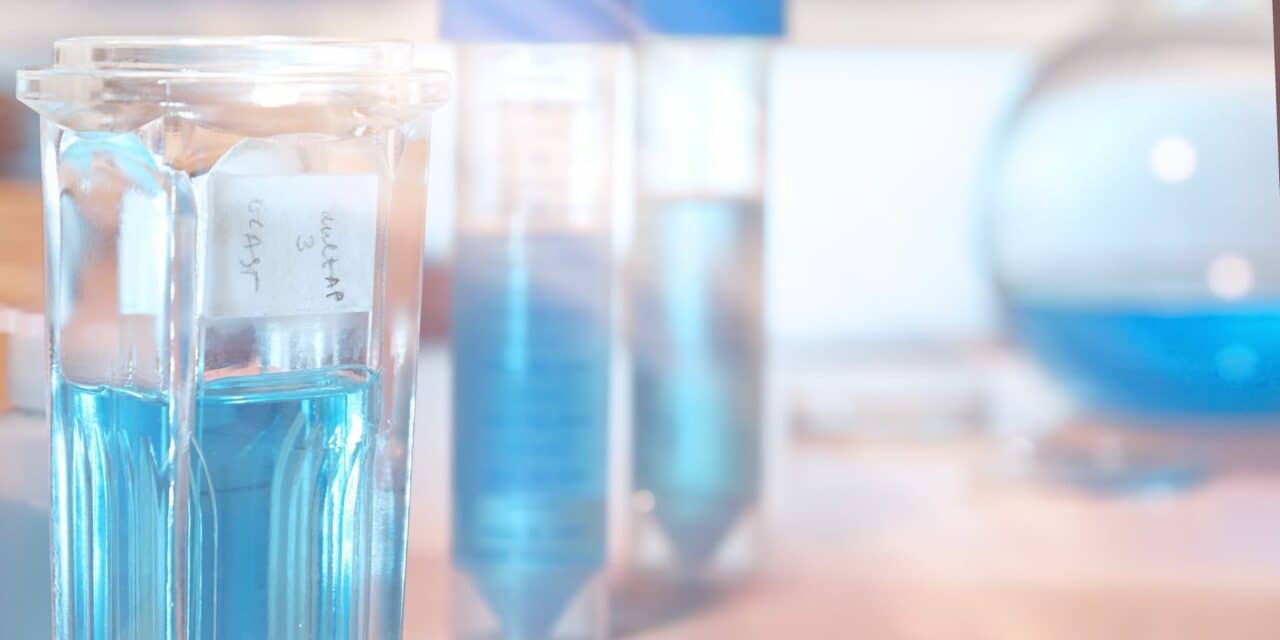Karius, a provider of liquid biopsy for infectious diseases, has received approval from the New York State Department of Health’s Clinical Laboratory Evaluation Program (CLEP) for its Karius Test for pathogen detection. The Karius Test is commercially available from a single CLIA-certified and CAP-accredited laboratory in Redwood City, CA, as a Laboratory Developed Test (LDT). The decision by CLEP is a first-in-class approval of a clinical metagenomics test for the detection of infectious diseases, and will expand patient access to critical testing in New York, according to the company.
The Karius Test is primarily used to detect specific causative pathogens in immunocompromised patients and other specific clinical syndromes. Immunocompromised patients are particularly vulnerable to infection; for example, 60% of deaths among cancer patients are due to infection (Elfaituri M.K.et al. J. Clin. Oncol., 2019).
The NYS permit covers Karius Testing for all five pathogen categories, namely bacteriology, mycobacteriology, mycology, parasitology, virology, and is an important validation granted via one of the most stringent laboratory certification programs in the country. It reaffirms the quality, accuracy, and reliability of Karius’ non-invasive single-draw blood test that uses next-generation sequencing of microbial cell-free DNA to rapidly detect over 1,000 bacteria, DNA viruses, fungi, and parasites causing both localized and bloodstream infections.
“We applaud this decision from the NY State Department of Health, as this first-in-class approval will accelerate access for patients in New York to our metagenomic infectious disease diagnostic test,” says Alec Ford, CEO of Karius. “Doctors and hospitals all across the country are aware of the rigorous review process CLEP adheres to when evaluating laboratory tests, and we are proud of meeting these high quality standards. With better access to the Karius Test, we’re excited for the opportunity to help get fast, accurate diagnoses into the hands of clinicians and reach more patients in New York.”





